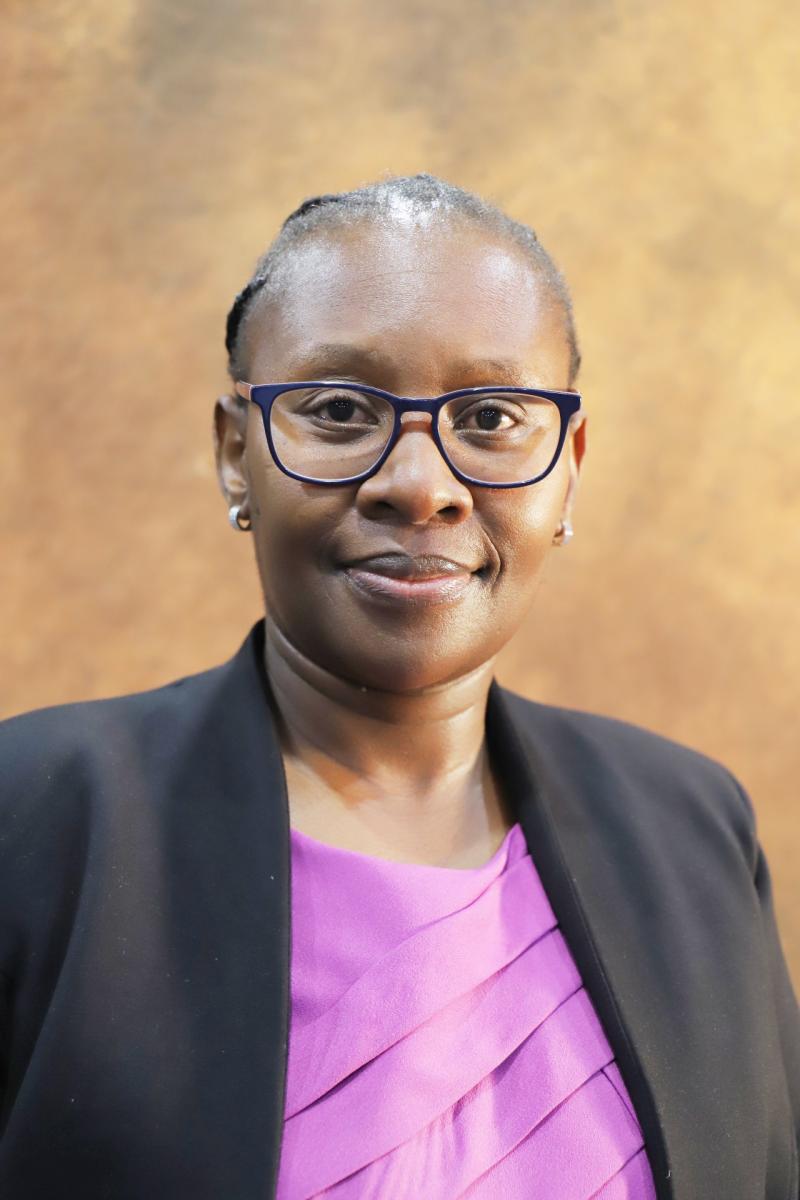On International Day to End Impunity for Crimes Against Journalists, Unesco sounds the alarm on increased threats including violence faced by journalists worldwide
TULANI NGWENYA
PRETORIA – In a show of solidarity with UNESCO’s call to condemn impunity, crime, and violence against journalists, the South African government has reaffirmed its commitment to safeguarding the rights and safety of journalists against violence, especially as the nation prepares for the 2024 national elections. This announcement coincides with the International Day to End Impunity for Crimes Against Journalists, commemorated globally on November 2.
The significance of this day traces back to the tragic assassination of two French journalists in Mali in 2013, which prompted the United Nations General Assembly to pass Resolution A/RES/68/163. This resolution designates November 2 as the International Day to End Impunity for Crimes Against Journalists, urging United Nations member states to intensify their efforts in preventing violence against journalists and fostering an environment that allows them to carry out their work without fear.
South Africa’s commitment to protecting journalists’ rights was underscored on October 19, known as Black Wednesday, a day dedicated to raising awareness about journalists’ rights and commemorating those who sacrificed their lives in the pursuit of journalistic integrity. Furthermore, in August, the Government Communication and Information System (GCIS) organised a panel discussion involving over 100 journalism and communication students at the Tshwane University of Technology. The discussion focused on the pressing issue of cyberbullying against female journalists, shedding light on the harassment, discrimination, and violence they endure while carrying out their duties.
Nomonde Mnukwa, the Acting Director-General of GCIS, emphasised the pivotal role journalists play in upholding democracy and seeking the truth. She stated, “Professional journalism and a free and objective press are cornerstones of democracy and serve to hold society accountable. We acknowledge the essential role journalists play in our democracy; fighting for truth. We condemn any form of violence or intimidation against journalists, domestically and internationally. South Africa remains committed to supporting a free and independent press. The protection of journalists is of utmost importance, as it is a form of protection of our own rights.”
Mnukwa further underlined the significance of this day as an opportunity for all who believe in democratic values and the preservation of citizens’ constitutional rights to speak out against any form of violence or harassment directed at journalists.
Violence against journalists is rampant during election years
During election seasons, journalists face increased threats, according to UNESCO, emphasising the importance of their protection. To address this concern, the South African government will host a South African-adapted panel discussion on “Violence Against Journalists and the Integrity of Elections” through GCIS. This initiative aims to ensure that, as the country approaches the 2024 elections, everyone understands the critical role that journalists play in informing society, promoting democratic discourse, and ensuring the integrity of electoral processes.
The importance of UNESCO’s call is highlighted by alarming data showing an increase in violence against journalists during election seasons. Between January 2019 and June 2022, UNESCO documented 759 individual attacks against journalists, including five fatalities, occurring during 89 elections in 70 countries. These findings emphasise the gravity of the situation and highlight the urgency of protecting journalists’ safety and ensuring the fundamental human rights of freedom of expression and access to information, which are vital for the functioning of democracies.
Sobering reality of violence against journalists
The situation is particularly critical in the Middle East, where UNESCO has recently decried “the deadliest week for journalists in any recent conflict.” However, UNESCO’s data also illuminates the significant risks journalists face outside of crisis situations, a sobering reality that necessitates global attention and action.
According to UNESCO, security forces were responsible for 42% of the 759 attacks on journalists during election periods. These “attacks” encompass a range of actions, including arbitrary arrests, physical assaults, the firing of rubber bullets, threats, intimidation, and the confiscation of equipment. These incidents occurred in various settings, from political rallies and public demonstrations to the offices and homes of journalists and media workers. Alarmingly, 29% of the assaulted journalists (218) were women.
During elections and public demonstrations, government authorities frequently restricted citizens’ access to information by implementing internet blackouts, censoring the media and critical voices, and digitally surveilling journalists, all in the name of maintaining public order and national security. Data from Access Now and the Office of the United Nations High Commissioner for Human Rights (OHCHR) support this interference in the flow of information.
Threats that silence: Trends in the safety of journalists
Violence against journalists, the integrity of elections
Crimes against journalists are on the rise and are seldom punished
Five things every African journalist should know
Emphasising the importance of freedom of expression and peaceful assembly, UNESCO’s report highlights the role of security forces in upholding these democratic rights. These freedoms contribute to participatory governance, accountability of governments, and the power to bring about change in societal attitudes, policies, and laws. UNESCO and its partners have been proactive in training police officers in 150 countries since 2013. This training is effective because it brings together both police officers and journalists, allowing them to understand each other’s roles and responsibilities through role-playing and shared experiences.
In the face of these sobering statistics and the looming super-election year, the call to action is clear: governments worldwide must take comprehensive measures to protect journalists and uphold the fundamental rights of freedom of expression and access to information, especially during election periods. As South Africa readies itself for a crucial election cycle, it joins UNESCO in acknowledging the urgent need to safeguard the journalists who play an essential role in informing the public and preserving democratic values.












